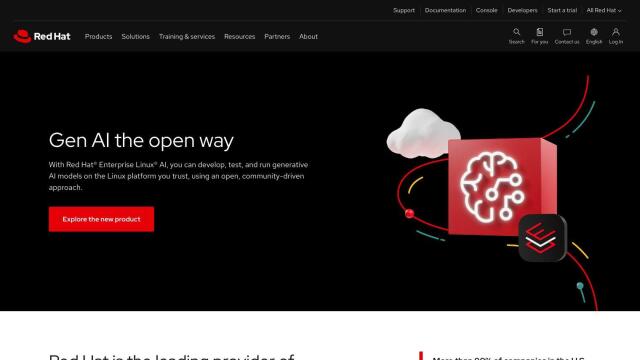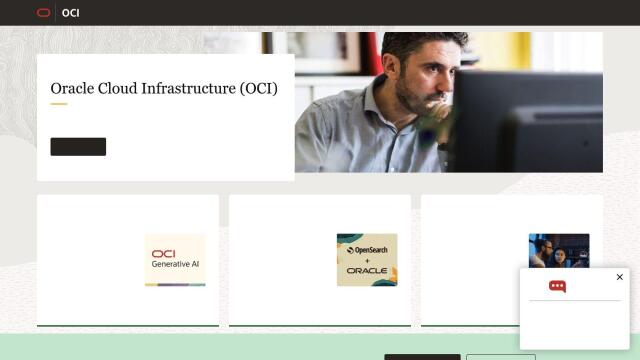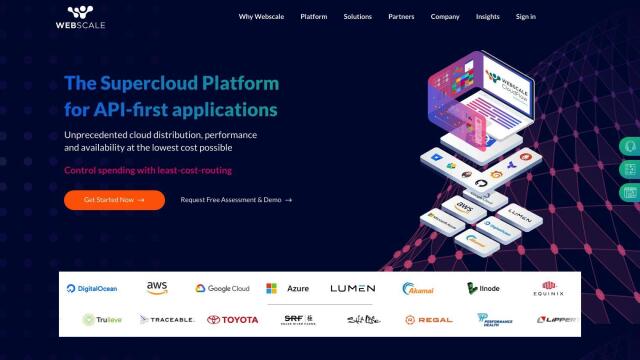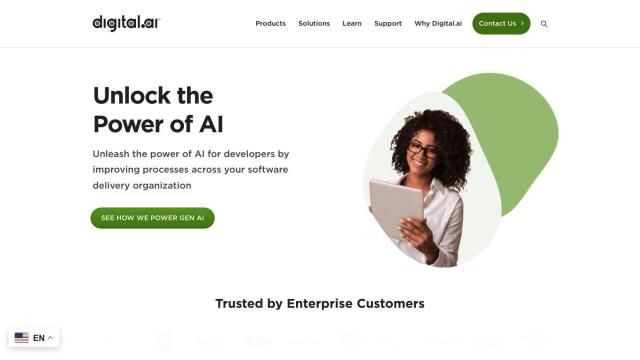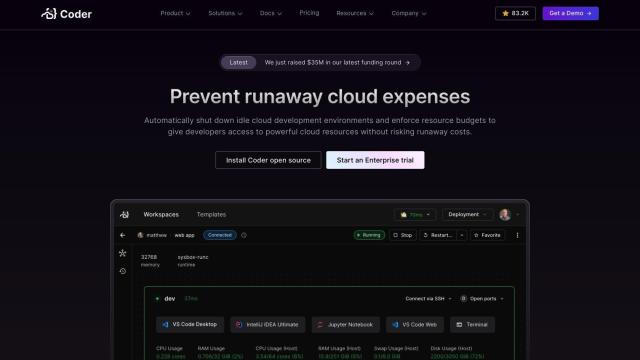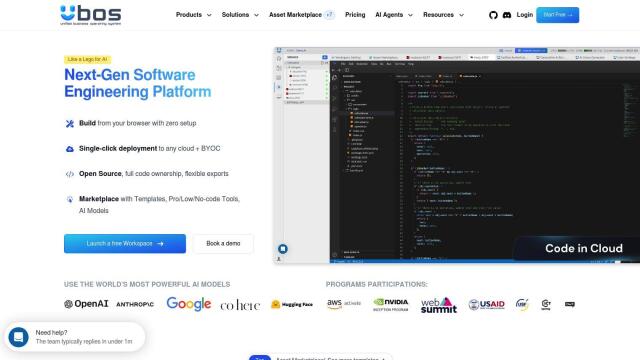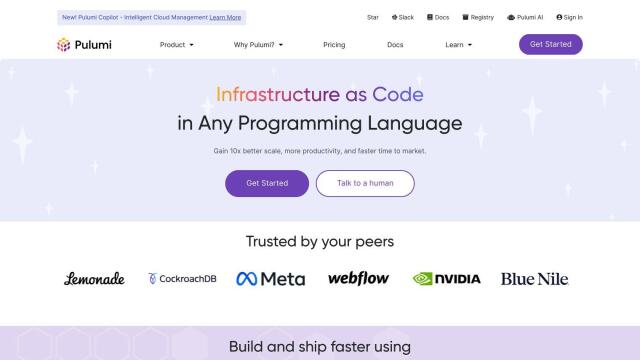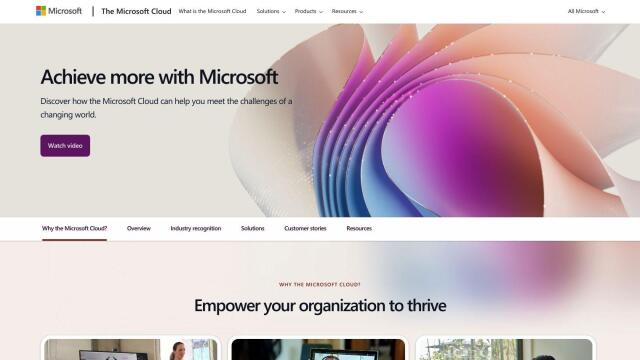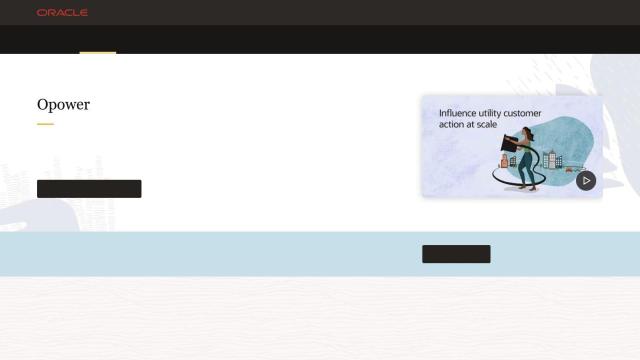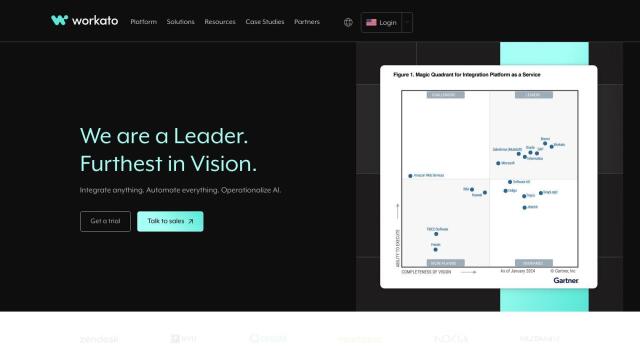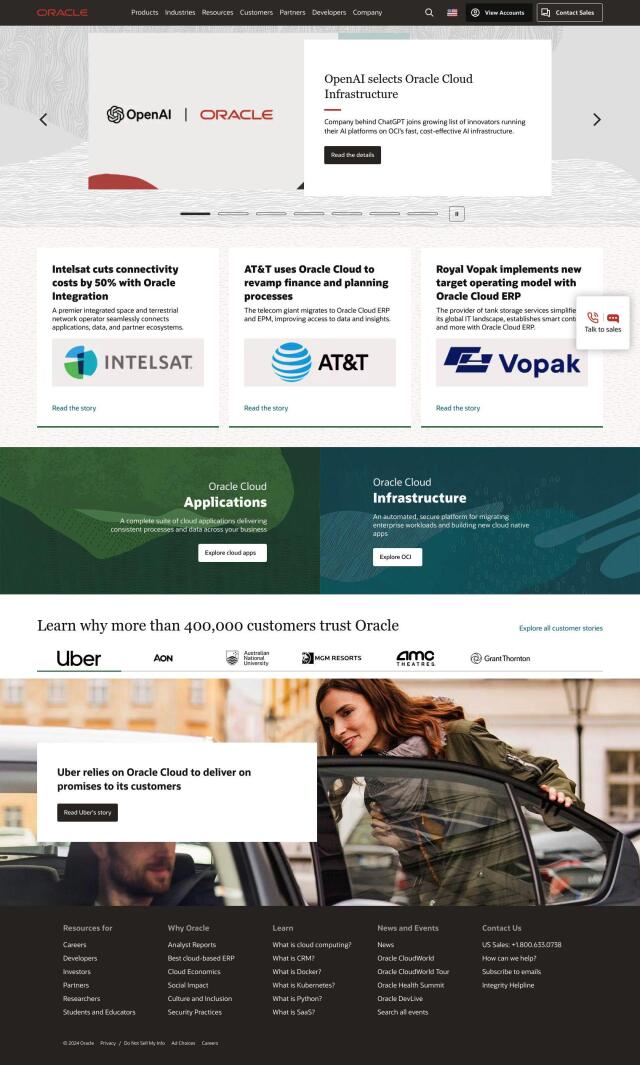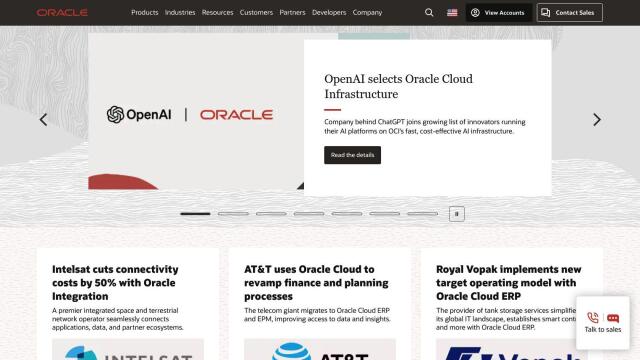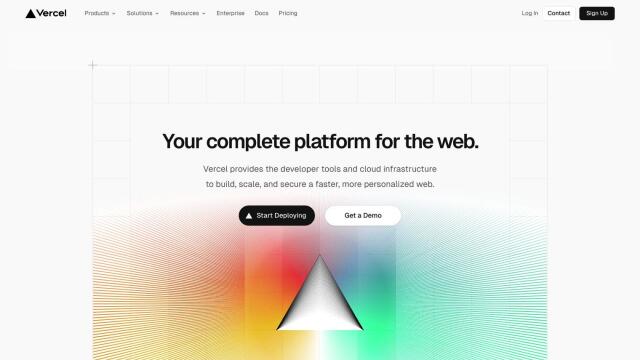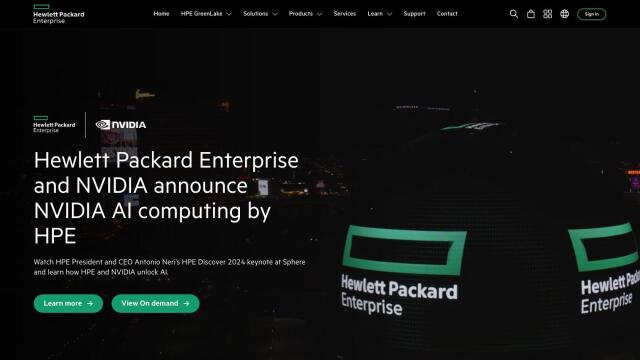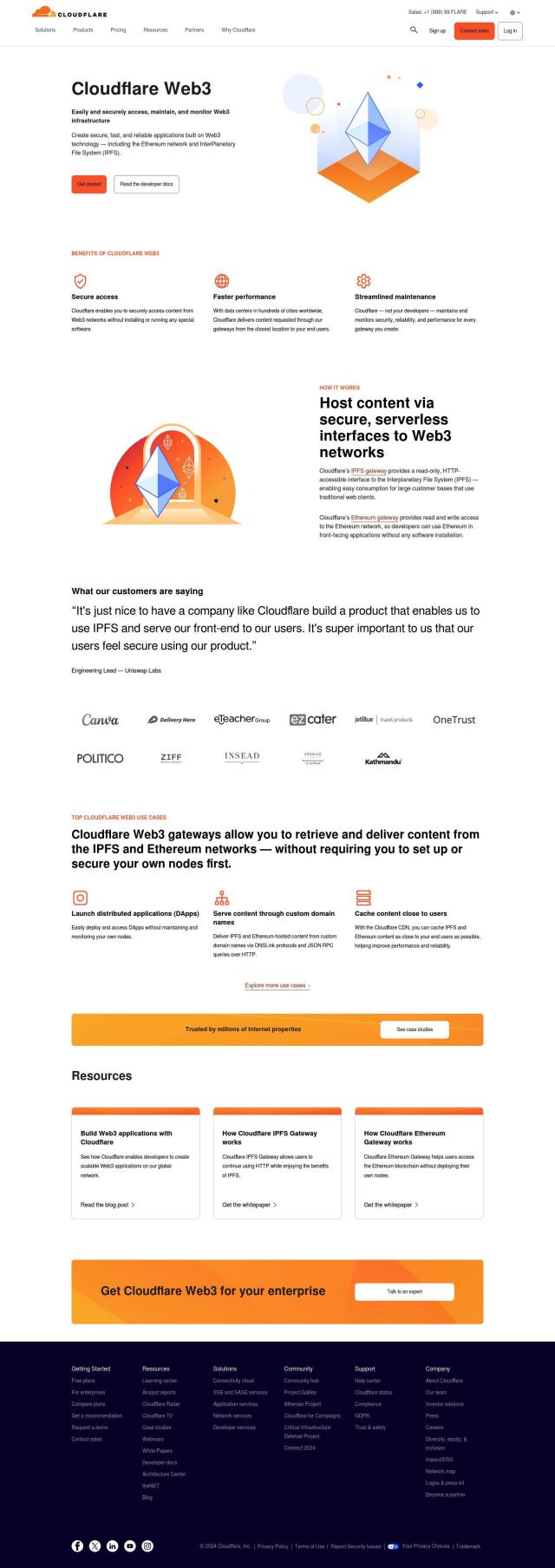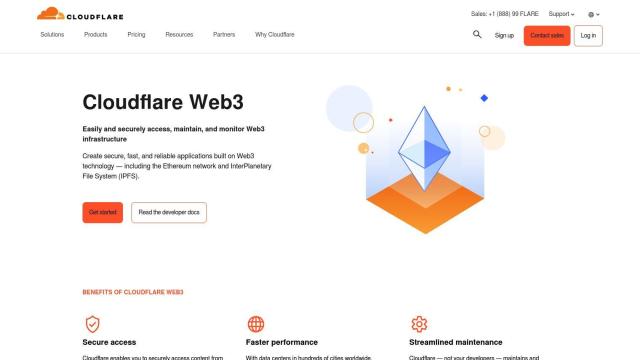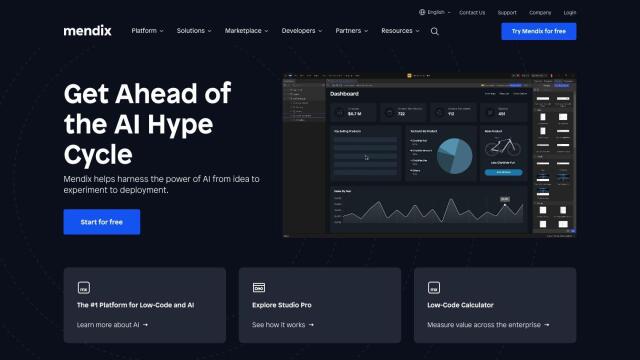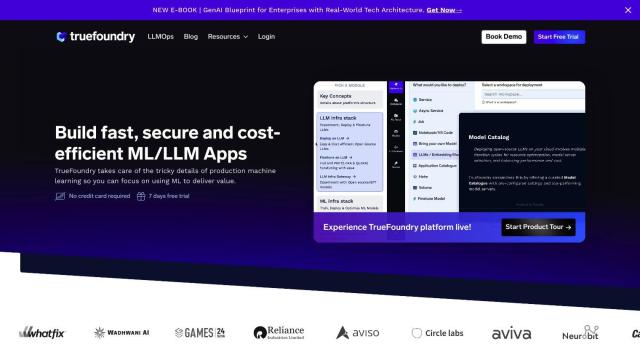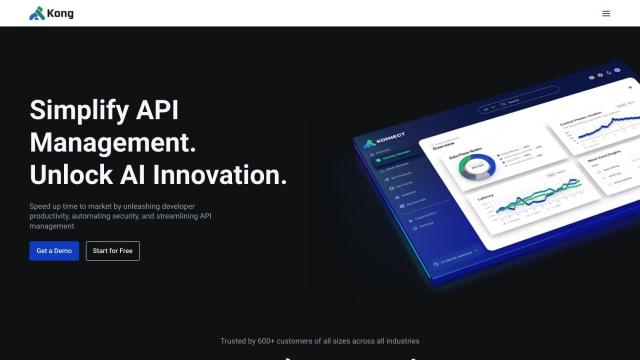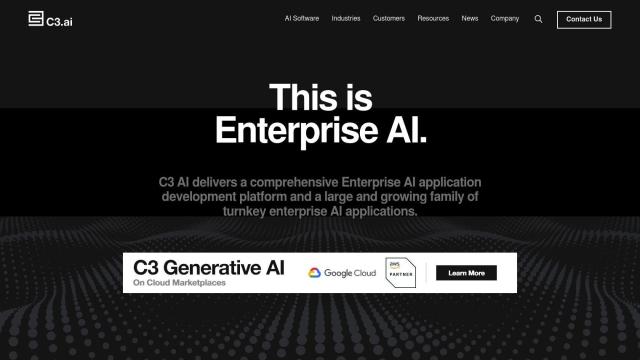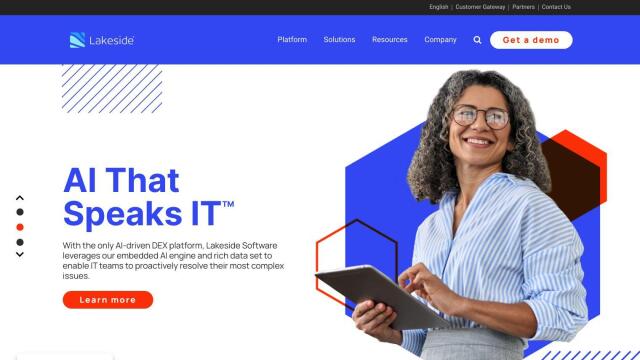
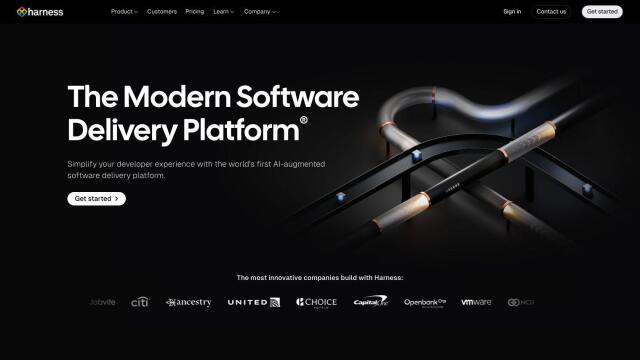
Harness
If you're looking for a Red Hat alternative, Harness is also worth considering. It automates and optimizes the software delivery lifecycle, letting engineers and DevOps teams build, test, deploy and verify software on demand. Harness uses AI for continuous integration, continuous delivery, feature flags, infrastructure management and cloud cost optimization, so it's a good all-purpose tool for boosting developer productivity and minimizing manual intervention.

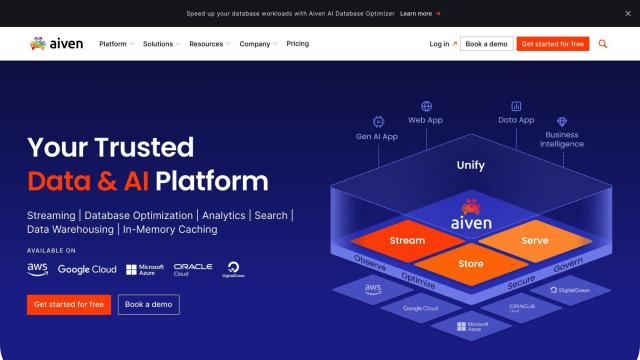
Aiven
Another contender is Aiven, a cloud-agnostic platform for managing cloud data infrastructure. With features like streaming, storing and serving data with open-source services, Aiven lets you build next-gen apps fast and securely. It spans multiple clouds, including AWS, Google and Azure, and offers a range of services like Apache Kafka, PostgreSQL and OpenSearch. That makes it a good choice for companies that want to streamline data infrastructure and accelerate app development.

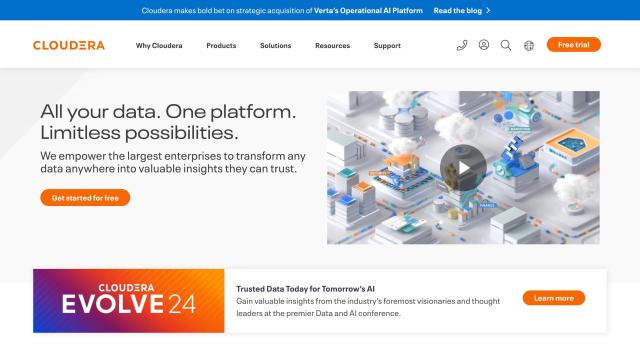
Cloudera
If you want a hybrid data platform, Cloudera is a good option. It's a powerful system for ingesting, processing and analyzing data in cloud and on-premises environments. By combining data from different sources into a single trusted system, Cloudera enables real-time insights, automated data pipelines, big data analytics and accelerated machine learning. That can be useful for financial services and health care companies that want to optimize operations and improve the customer experience.

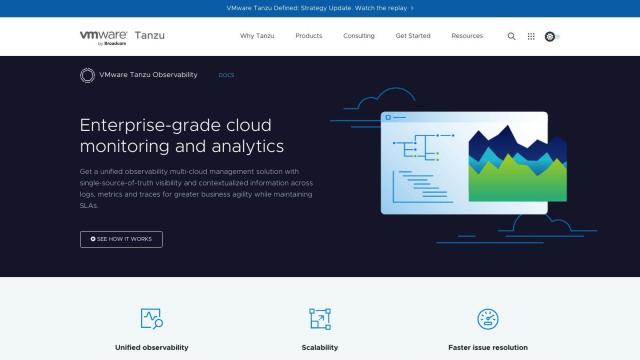
VMware Tanzu
If you want a platform for cloud-native apps, check out VMware Tanzu. It lets Dev and Ops teams build, deploy and manage cloud-native apps on multiple clouds and edge computing sites. With features like AI-powered app visibility, one-line commands for deployment and scaling, and multi-cloud support, VMware Tanzu can help you streamline software delivery, simplify lifecycle management and make cloud-native development easier to adopt.

